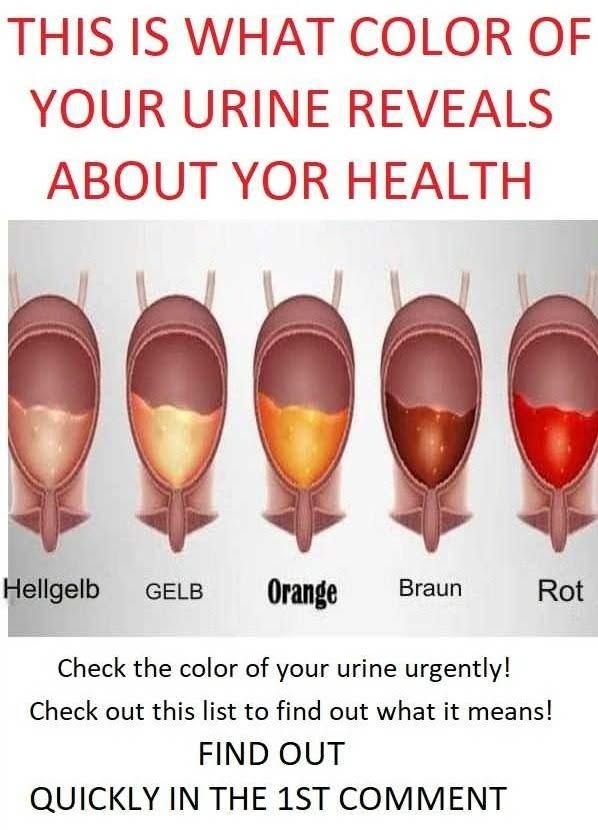ADVERTISEMENT
What You Should Know: The Color of Your Urine Determines Your Kidney Health

What It Means: Dehydration or potential liver/bile duct issues.
Explanation: A dark amber color often points to dehydration, but it can sometimes indicate liver issues. When the liver isn’t processing waste effectively, bilirubin (a byproduct of red blood cells) can build up in the bloodstream and be excreted in urine, resulting in an amber shade.
Caution: Persistent amber urine, especially if it doesn’t lighten with hydration or is accompanied by symptoms like fatigue, abdominal pain, or jaundice (yellowing of the skin or eyes), should be evaluated by a healthcare professional.
5. Orange
What It Means: Severe dehydration, liver issues, or medication side effects.
Explanation: Orange urine may indicate a more serious level of dehydration or possible issues with the liver or bile ducts. When bilirubin levels are high, they can darken urine. Certain medications (e.g., rifampin, some laxatives, or chemotherapy drugs) and high doses of vitamin B supplements can also cause orange urine.
Caution: If orange urine persists, it’s important to assess recent dietary or medication changes. If unexplained or if accompanied by symptoms like abdominal pain, jaundice, or nausea, consult a doctor to rule out liver or bile duct issues.
6. Pink or Red
ADVERTISEMENT